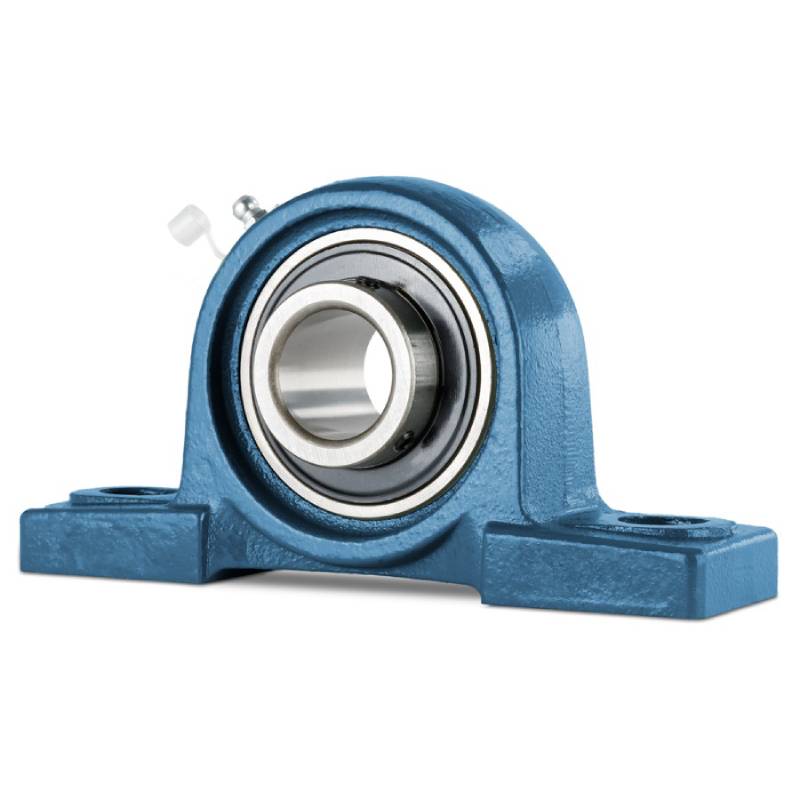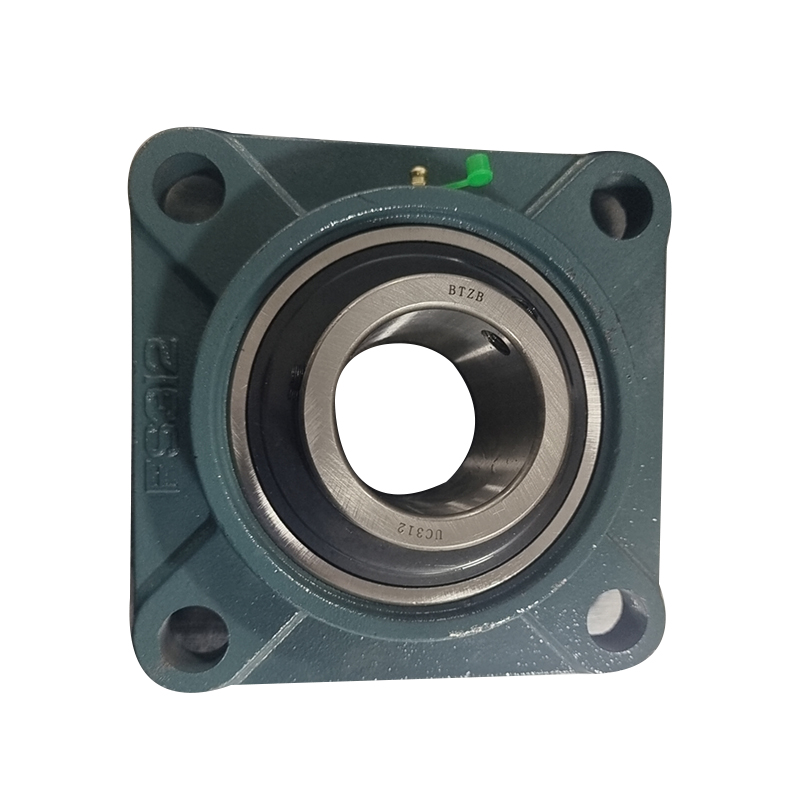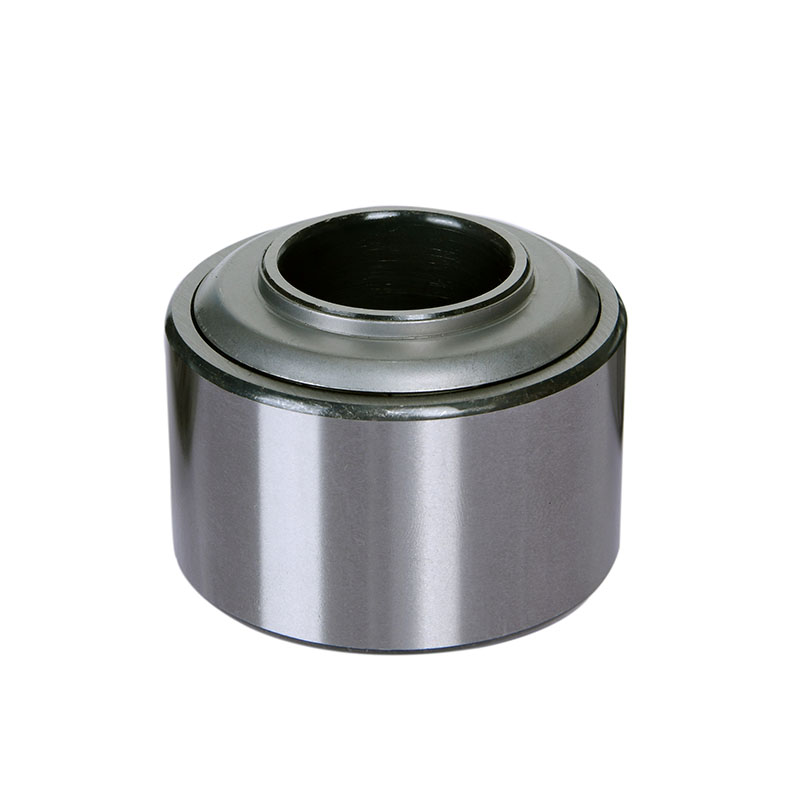-

How Long Can You Drive on a Bad Wheel Bearing
When you are in your car alone or with others, you must ensure your car is safe to drive. Wheel bearings are one of those parts of your car that helps its smooth functioning. Bad wheel bearings can affect the overall performance of your car. How long can you drive on a bad wheel bearing?Ары қарай оқу -

Can I Drive with a Bad Wheel Bearing
Suspect that your car is suffering from a faulty wheel bearing? Our guide can help you check and diagnose the problem, and decide if and when it’s still safe to drive.Ары қарай оқу -

6 Signs of a Bad Wheel Bearing
If you’re driving on the highway and a wheel breaks off, it’s because a wheel bearing failed. What are the signs of a bad wheel bearing, and what can you do about it? Here, we explore wheel bearings, including what they are, how they work, and how to tell if they’re about to fall off.Ары қарай оқу -

Why you should grease your motors
Although the answer is as simple as the question, it's essential to know why things are the way they are. That's why we're diving into one of the simplest, but most important (and often overlooked) preventive maintenance tactics in this blog.Ары қарай оқу -

Motor Bearing Lubrication: 6 Factors That Affect Performance
Given the importance of bearings in the normal functioning of electric motors, it is no wonder that insufficient maintenance and even basic lubrication can make them responsible for 67% of all motor failures, according to the findings of the U.S. Department of Energy. These failures may require an electric motor rewind to fix or, worse, a complete replacement.Ары қарай оқу -

5 tips for maintaining electric motors
In this article, we will go over five points on how to keep your electric motors running properly and help extend the life expectancy of your motors. We will go over lubrication, bearing inspection, checking your rotor and stator, motor mount, and how important keeping records are. Follow these and you should see sustained performance and reliability with your motors.Ары қарай оқу -

Properties of high temp bearing grease
High temperature grease is used to lower friction and improve the life of the machines that use high-speed bearings. It is made with High Viscosity Synthetic Base Oil (PAO: Polyalfa Olefin), Tungsten Disulfide (WS2) particles and other special additives.Ары қарай оқу -

Bearing Grease Intervals
Bearing regreasing interval time is an issue which tends to be as much of an art as it is a science.Ары қарай оқу -

Lubrication of Electric Motors
In servicing electric motor bearings, it is important that the right grease be applied in the right quantity. Both underlubrication and overlubrication are harmful. Underlubrication will result in bearing failure through inability of the insufficient amount of lubricant to perform successfully any one of its functionsАры қарай оқу




